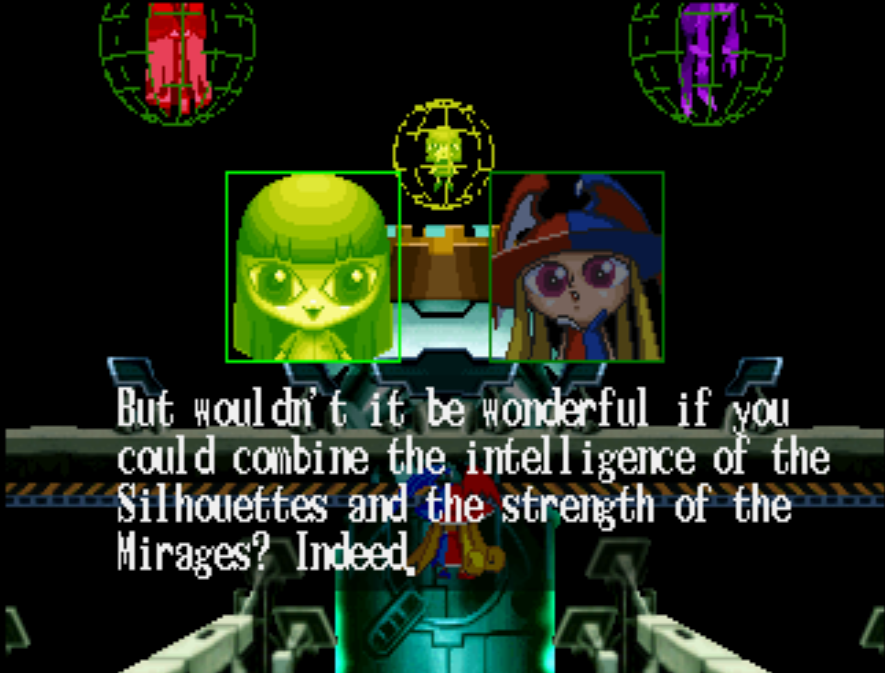A classic Sega Saturn action game by legendary developer Treasure now can be played to completion in English thanks to fan translators who uploaded a finished patch for Silhouette Mirage on Wednesday.
It's essentially finished, that is — labeled "version 0.999," the patch's readme file acknowledges two known issues:
- Centering of "Insufficient RAM" text
- "Continue" screen sprites are untranslated
Those issues likely weren't seen as important enough to block release now that the team — led by Rasputin3000 and including soniccd123 and Malenko — has finished hacking in a translation of the story and the shop text in the seventh area of the game.
“This is going to be treated the ‘release’ version as we currently do not have the skill set to decompress then continue screen sprites or center the ‘insufficient RAM’ text,” Rasputin3000 said in Shiro’s Discord server. “Neither of these lingering issues impact one’s ability to play the game to completion though (they are effectively polish).”
The patch, which can be downloaded from its Resources page on SegaXtreme, uses Knight0fDragon's Sega Saturn Patcher utility. It needs a special 2.0 version of the patcher utility, which is bundled in the zip file with the patch.
The Silhouette Mirage patch has been confirmed to work on real hardware using Fenrir/Fenrir Duo, Phoebe and Satiator, as well as via emulation using Bizhawk, Mednafen and Yaba Sanshiro.
The patch's readme file includes three important notes:
- Patch will work with all Saturn versions of the game. This includes: v1.001 (Demo), v1.003 (Release), V1.100 (Rev. A)
- "+ Region Free Patch" must be UNSELECTED when patching in SSP otherwise the game will crash on boot.
- If the game is having difficulty loading on Fenrir ODE, then try patching with "Separate Track Files (if applicable)" SELECTED in SSP.

While the patch's Nov. 1 release date missed the team's initial completion estimate of late October by a single day, it's still remarkable speed considering they began the project just about four months ago in July.
An extra day or two's wait was nothing for Saturn fans who have waited 26 years to play Silhouette Mirage in English after it released on the console exclusively in Japan on Sept. 11, 1997. It was ported to the PlayStation the following July, and North American PlayStation owners got an English localization of it in January 2000.
But the better version was the Saturn original, arguably, which featured additional graphical effects that the PlayStation didn't. Not only that, but the English localization from Working Designs also inflated the cost of everything in the game's shop, which succeeded less in increasing the challenge and more in increasing the frustration and tedium players experienced.
Rasputin3000's team used Working Designs' script for their patch but didn't bring over the shop cost changes, leaving the original design intact and more accessible than ever.
They've said that they plan on creating a retranslation in a new patch, too, once they'd finished the patch that uses Working Designs' translation.
"I have already had the script retranslated and will be releasing a relocalization patch probably a few months after this patch drops," Rasputin3000 said in a post on SegaXtreme last month.
He said on Discord that he tapped a translator named Wiredcrackpot, who was behind the Radirgy fan translation on Dreamcast. “Inserting the new text should be a breeze as I won’t need to make any significant changes to the current textbox layouts (just need to find the will to do it haha),” Rasputin3000 said.